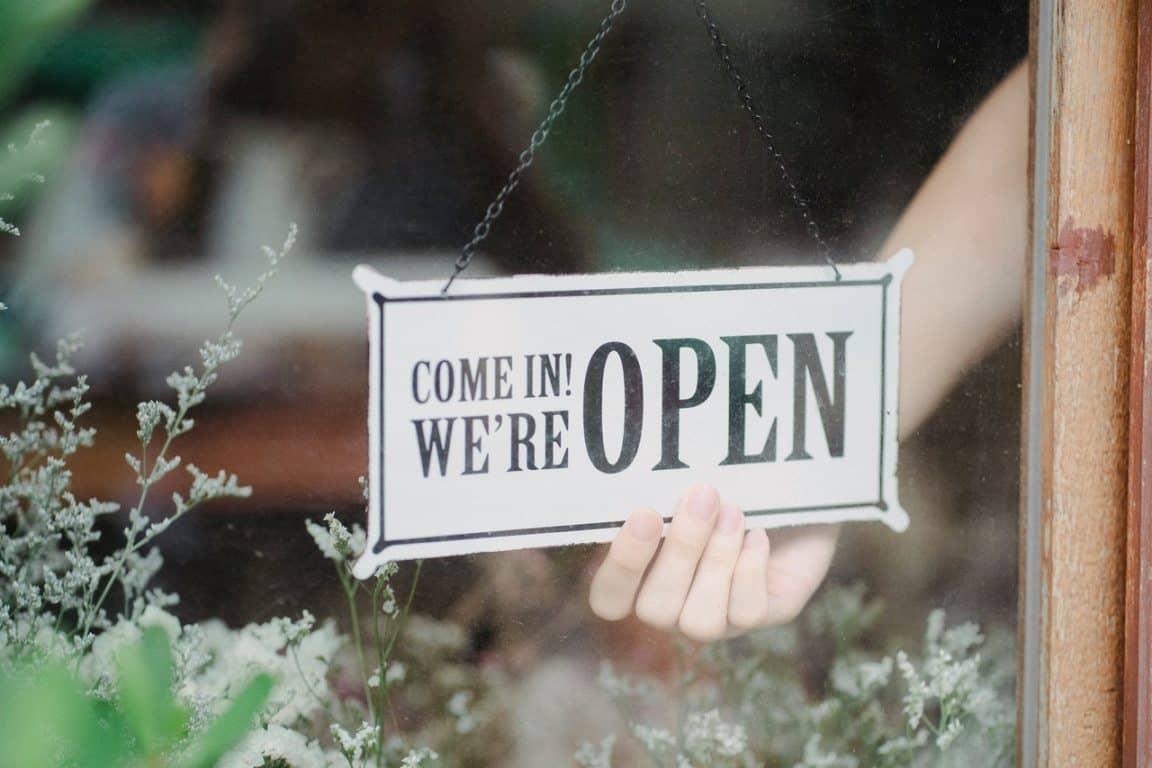Since the Covid-19 outbreak was considered a pandemic by the WHO, thousands of small businesses suffered the damage of the financial crisis that has left in its wake. Once everything returns to normal, the Rebuild your small business will not happen overnight.
Therefore, they want to give you six tips that will help your small business or micro-business in its recovery plan after the coronavirus.
Quick Access
Renew your business plan
This means that if your business used to work with clients who physically came to your business, consider that the arrival of your clients will not be so shocking and that you should change your sales strategy. Ponder e-commerce, for example.
An entrepreneur never neglects his competition: they must be closely watched! That will give you a much broader and more realistic picture of what is happening in the current market. Do not forget to be realistic and create a strategy that allows you to obtain good results. Set medium and long-term goals. If you need your struggling business help, then you should have patience and try to work hard on hard on your plan for facing upcoming hurdles or consider hiring an online business coach.
Rewrite your business plan and financial forecast
Nothing can be gained by thinking about how your business plan and forecasts didn’t work. So throw away your old ideas and start making new plans. Sales of most products can take some time to recover. Therefore, SMEs need to redirect resources to maximize the benefits of lower turnover. For many companies, the potential for a post-coronavirus recession means that they need to reduce costs and run more agile and streamlined businesses for the foreseeable future.
Create an emergency plan
When you are training as new entrepreneurs, you forget a very important point: having an emergency plan. Just as in your finances, you should consider an emergency fund. Businesses also need theirs. After the impact of this pandemic, you have to be more prepared to face another new crisis.
Find a new strategy to sell your product
People’s behavior will change with the experience of COVID-19. For example, consumers may not be interested in going to busy stores even after the restrictions have been lifted. Entrepreneurs may also avoid trade fairs and conferences. Companies that have relied on many people-to-people contacts need to find alternative ways to do business. Restaurants may need to rely more on takeaway sales, and stores that haven’t done so must adapt to their online shopping business model.
Contact employees now
If you remove an employee, you need to notify the employee of plans to rebuild the business. Workers will be encouraged by the fact that you are planning to Rebuild your small business and that you may be able to hire them again soon. It’s also cheaper and easier to rehire a person than to start over with a new worker. Therefore, if possible, you should keep the old team.
Make sure your employees are safe to return to work
If you want to encourage people to return to work, you need to make sure your workplace is safe. Consider how you can help your employees maintain social distance in the workplace, and consider the personal protective equipment you need to provide. Coronavirus safety can be a concern for employees for some time. Therefore, future business plans should consider the cost of protection against coronavirus.
Conclusion
SMEs do not have the reserves and borrowing inputs that large companies do. Still, SMEs are more agile and adaptable than large companies. Therefore, by planning a comeback after a coronavirus infection now, SMEs will be better positioned to take advantage of the Rebuild your small business conditions that follow the COVID-19 pandemic. However, as mentioned earlier, business owners must first quantify the economic impact of epidemics and refinancing, if necessary.

